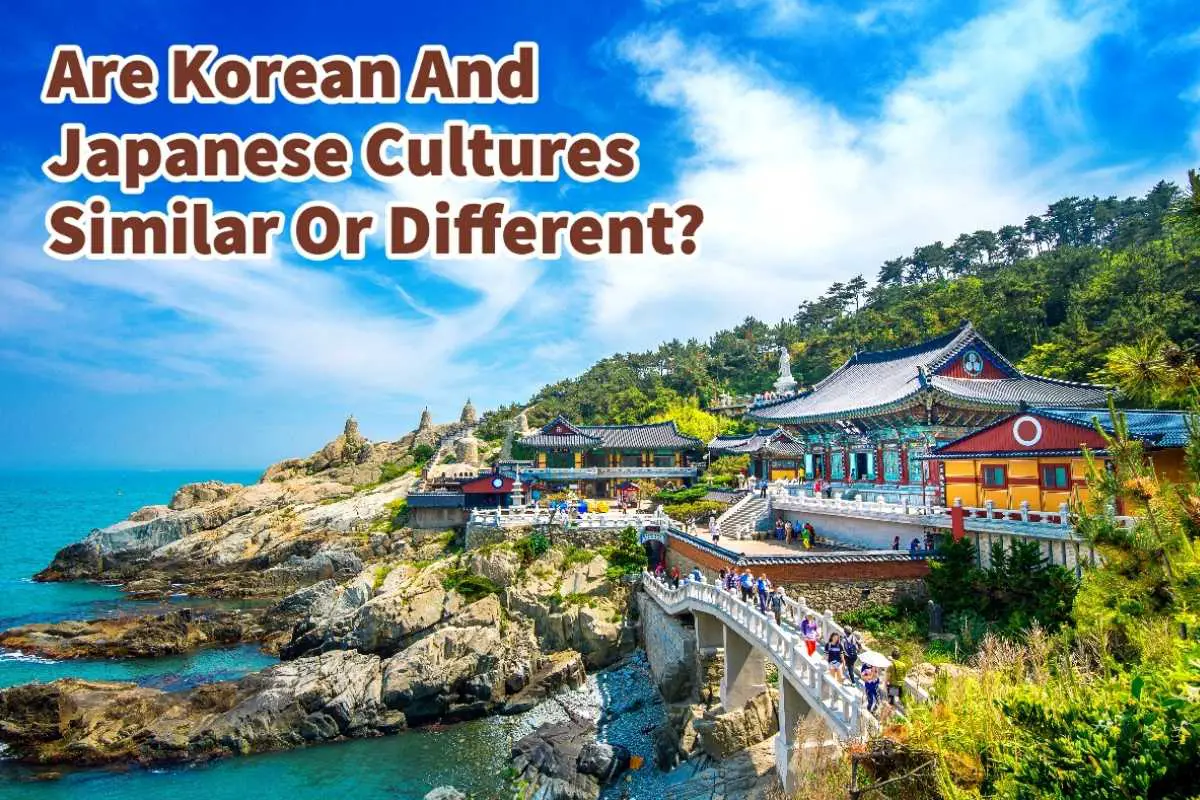Korea and Japan are two countries that are major economic powerhouses. They are countries that have some differences and similarities.
Korean and Japanese cultures can have many similarities in how they view family, education, society, and life. Both countries were productive societies, and getting a good education is essential. But even with these basic similarities, they also have many differences in their language, culture, religion, history, and food.
Table of Contents
- Korean And Japanese Cultural Similarities
- Korean and Japanese Cultural Differences
- Frequently Asked Questions
- Related Questions
Korean And Japanese Cultural Similarities
Korea and Japan both have cultural similarities. But even with these similarities, they also have a lot of differences. Here are some basic similarities that we see Korea and Japan have.
Both Have A Competitive Education And Work System
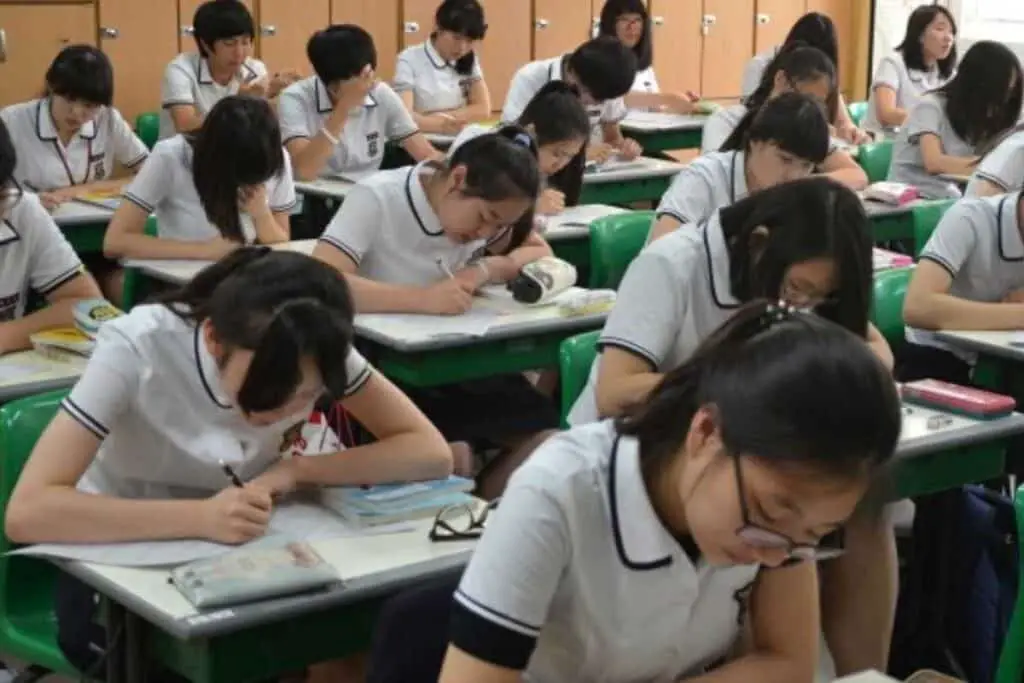
Both Korea and Japan have very competitive education and work system. Education is essential, and getting high marks in school is very important.
The work culture can also be very highly stressed, with workers not wanting to leave the office before their boss leaves or people working long hours, including the weekend. Work is vital for both Koreans and Japanese.
Both Are Rich Nations
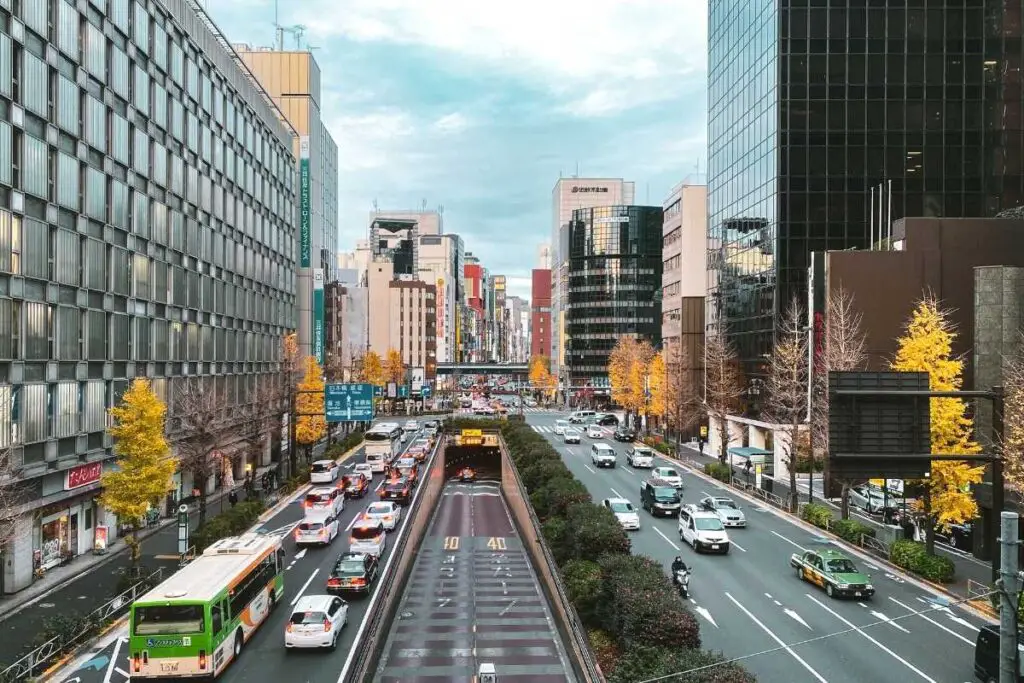
Both South Korea and Japan are wealthy nations. Japan is a highly developed country full of high-rise buildings and luxury cars. Famous brands like Sony, Toyota, and Honda all come from Japan.
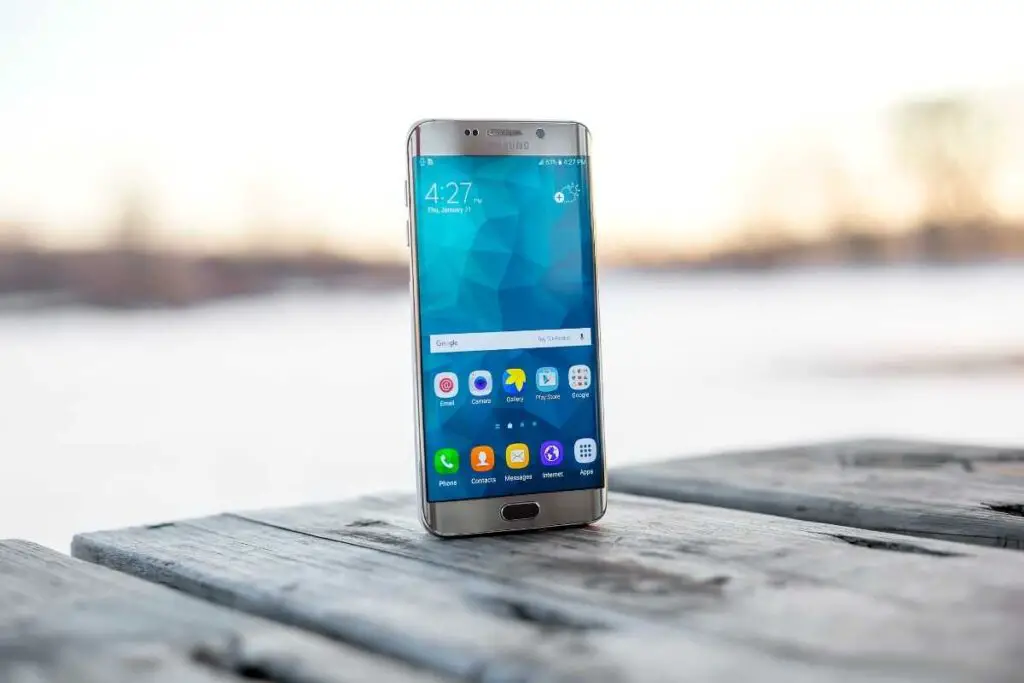
South Korea has long been touted as an economic miracle. South Korea has notable brands like Samsung, Kia, and LG Electronics.
Influences From China
China has influenced both Korea and Japan. These influences are shown in everything from their religion (Buddhism) to the philosophy of Confucianism to even the food and language.
Both languages have distinctly Chinese influences, and their old architecture and culture—even their food influences have come from China – both countries have rice and noodles as a staple.
Both Are East Asian Countries
Both Korea and Japan are considered East Asian Countries.
The modern states of East Asia included China, Japan, Mongolia, North Korea, South Korea, and Taiwan.
Both Respect Families, Ancestors, And Elders
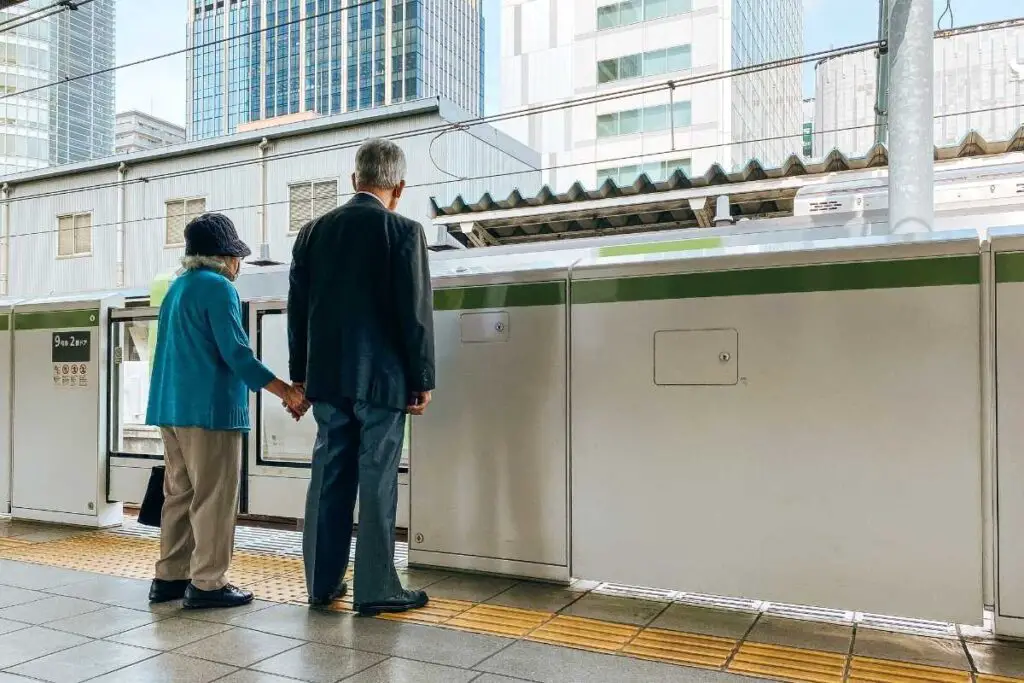
Both Korea and Japan have a deep-rooted belief in showing respect for their families, including their parents and grandparents. They also have respect and belief in their ancestors.
A child will do things to try to please their parents and not put the family name in shame. The family, ancestors, teachers, the family name, and those older than you should be respected.
Both Are Dominately Partiarchical Societies
Both Korea and Japan are considered dominant patriarchal societies. This means that the father or husband will rule the family.
In contemporary Japan and Korea, women have started to have more rights and privileges than their ancestors. But in the home, many of these women will continue to adhere to traditional societal norms of the patriarchal society.
Korean and Japanese Cultural Differences
Even though Japan and Korea seem to have some similarities, they also have a lot of differences.
Korean And Japanese Speak Different Languages
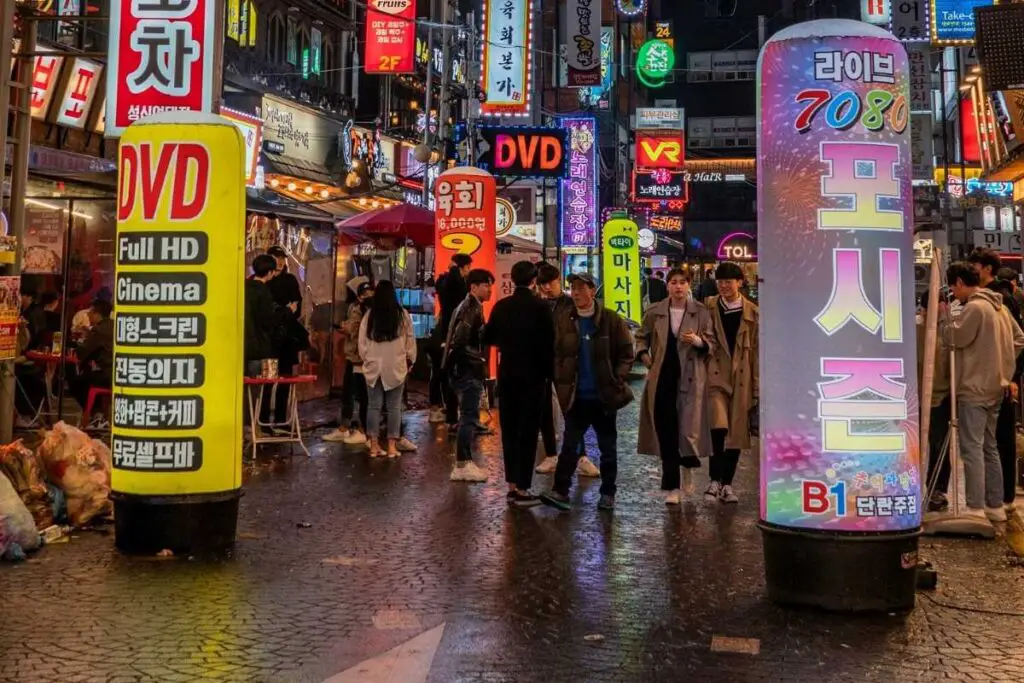
Even though Japanese and Korean languages have some similarities, they are different languages. A native Japanese speaker does not understand a native Korean speaker. When many Japanese and Koreans communicate, they will do so in English.
The spoken language is different, and so is the writing system. Historically both Korean and Japanese were written using solely Chinese characters.
The Korean language has a writing system known as Hangul in South Korea and Chosongui in North Korea. It is a system that looks almost a bit Chinese, though it is very different from the Chinese written language.
The Japanese use a system that is called Kana or Kanji. However, there can be some similarities between Chinese characters and Japanese; they are also very different.
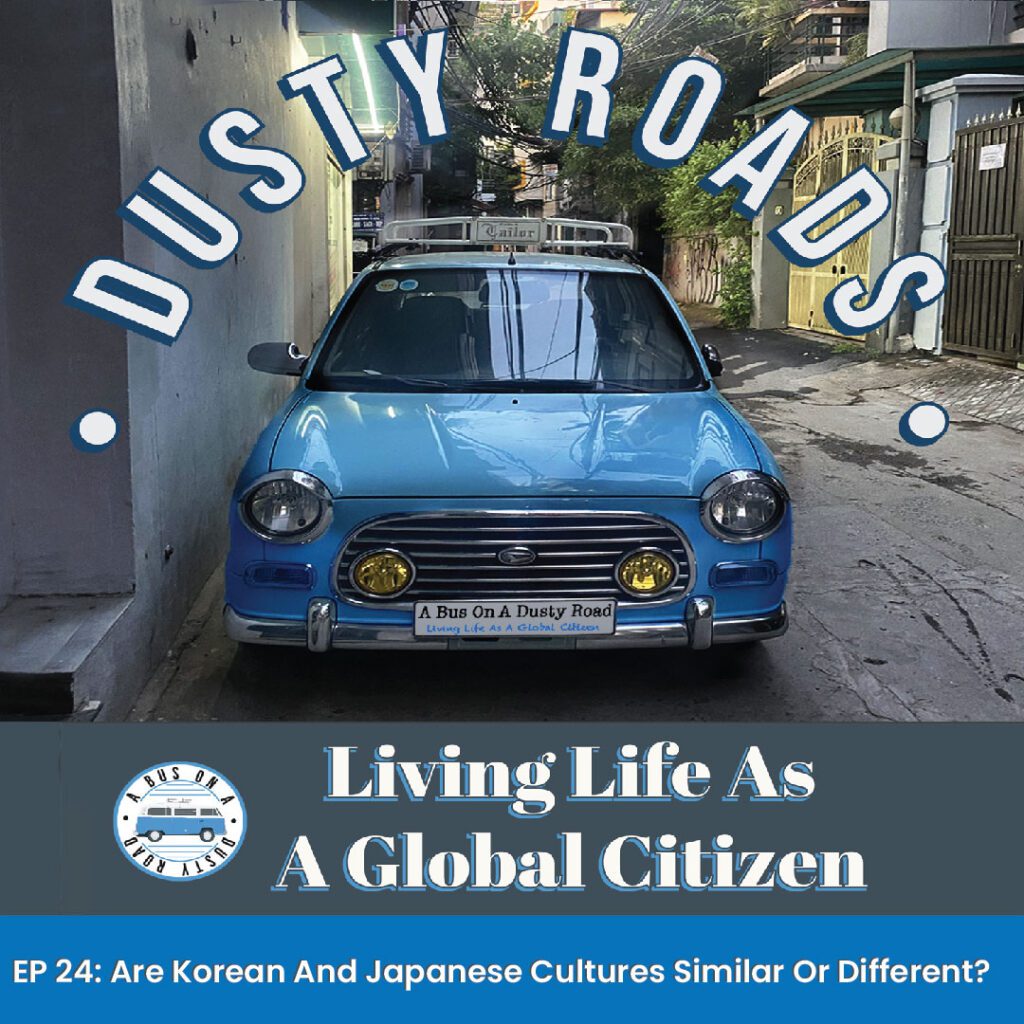
Listen To Our Podcast About Are Korean And Japanese Cultures Similar Or Different? below or by clicking here.
Korea And Japan’s Different Cultural Impacts On China
Korea is closer to China, so China has influenced them. In fact, throughout its history, Korea has been heavily influenced by China. After all, parts of Korea do border China.
On the other hand, Japan is an island nation, and from 1639 to 1853, Japan was closed off from the rest of the world. Because it was closed off from the world, Japan developed its arts, culture, and literature without outside influences.
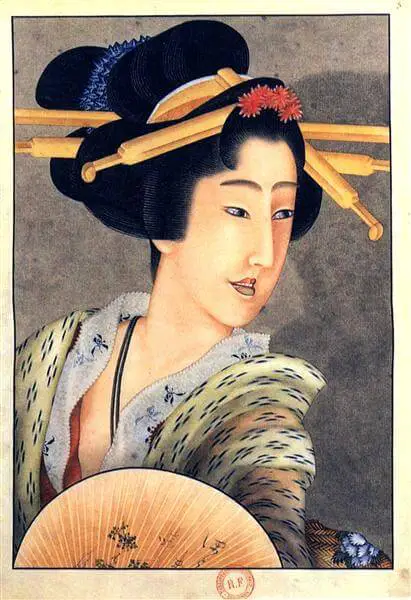
Example of Japanese Ukiyo-e Woodblock prints
One example is the Ukiyo-E woodblock prints that became a Japanese art form. If you want to learn more about Japanese woodblock prints, you can read the Characteristics of Japanese Ukiyo-e Woodblock Prints by clicking here.
Food In Korea And Japan Is Different
The food in Japan and Korea is very different. Both countries have rice and noodles as a staple of their diets.
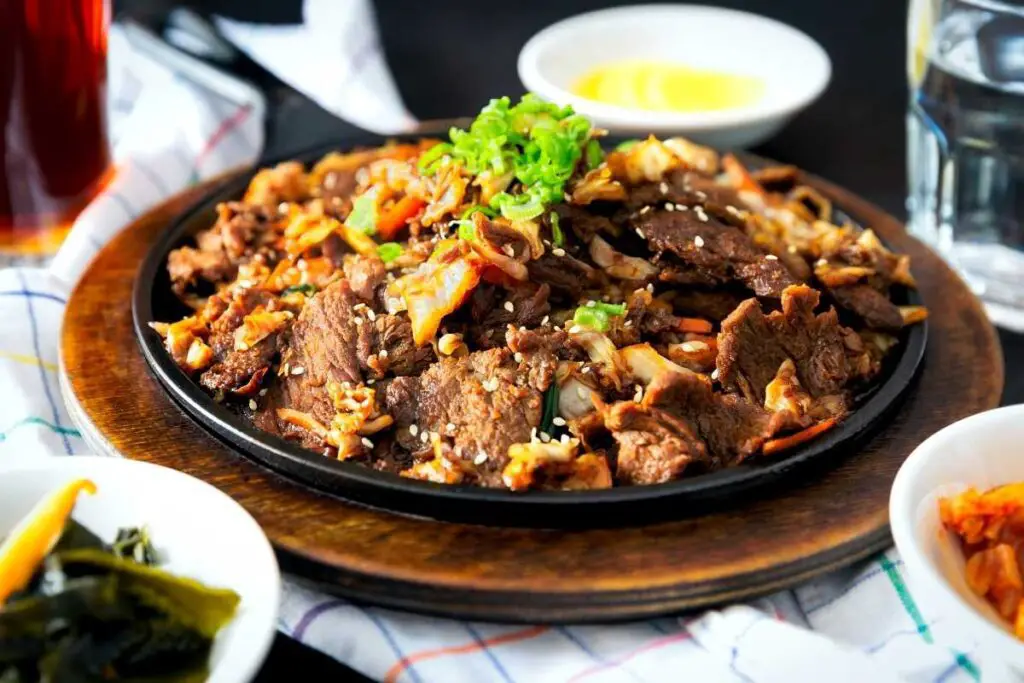
Koreans love meat, so eating Korean food usually has a lot of meat dishes. And another favorite of Korean food is Kimchi.
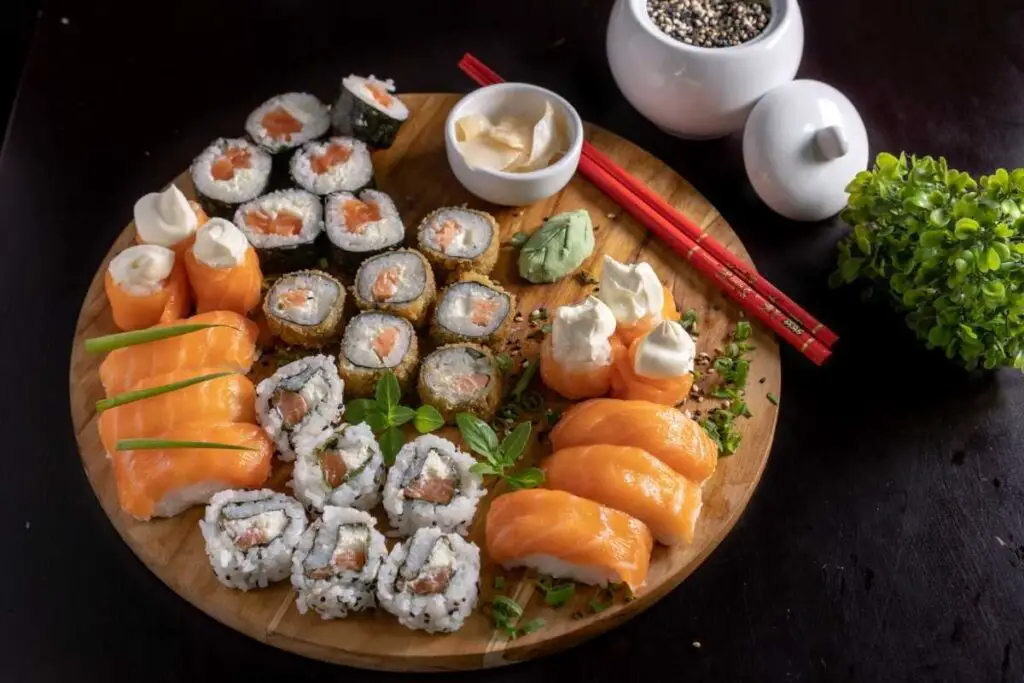
On the other hand, Japanese food is usually lighter and even more artistically displayed. Things like Sushi, teriyaki, or saba fish are favorites for most foreigners to Japanese cuisine.
Political Structures In Japan And Korea Are Different
Korea was formerly a single country, but they had a Korean war from 1950 to 1953. Korea became divided into North and South Korea.
Today the two Koreas are divided politically, economically, culturally, and socially. North Korea is a communist dictatorship; the North Korean government has stringent policies on what citizens can do and who can visit their country.
On the other hand, South Korea is a presidential representative democratic republic where the citizens have freedoms in place. Korea has a multi-party system where the President is the head of state. South Korea welcomes all visitors to their country.
The politics of Japan are in the framework of a constitutional monarchy that is also a dominant party bicameral parliamentary. Japan has an Emperor who is the head of the state.
Japan also has a democratically elected Prime Minister, the government’s head. The Prime minister is also the head of the cabinet that directs the executive branch.
Religion Is Different In Korea And Japan
Religion in Korea and Japan is also different. In North Korea, the state is officially atheist.
Most South Koreans also have no religion, but Christianity and Buddhism are major religions in South Korea. Buddhism arrived in Korea in 372 AD, so there were thousands of temples across the country.
Japan’s major religions are Shinto and Buddhism. Shinto is an ancient religion that is ingrained in Japanese culture. Buddhism came from China in the 6th century.
Since Buddhism came to Japan, Shinto and Buddhism, have had to co-exist and even harmonize and complement each other.
South Korea Is The K-pop And K-drama Capital
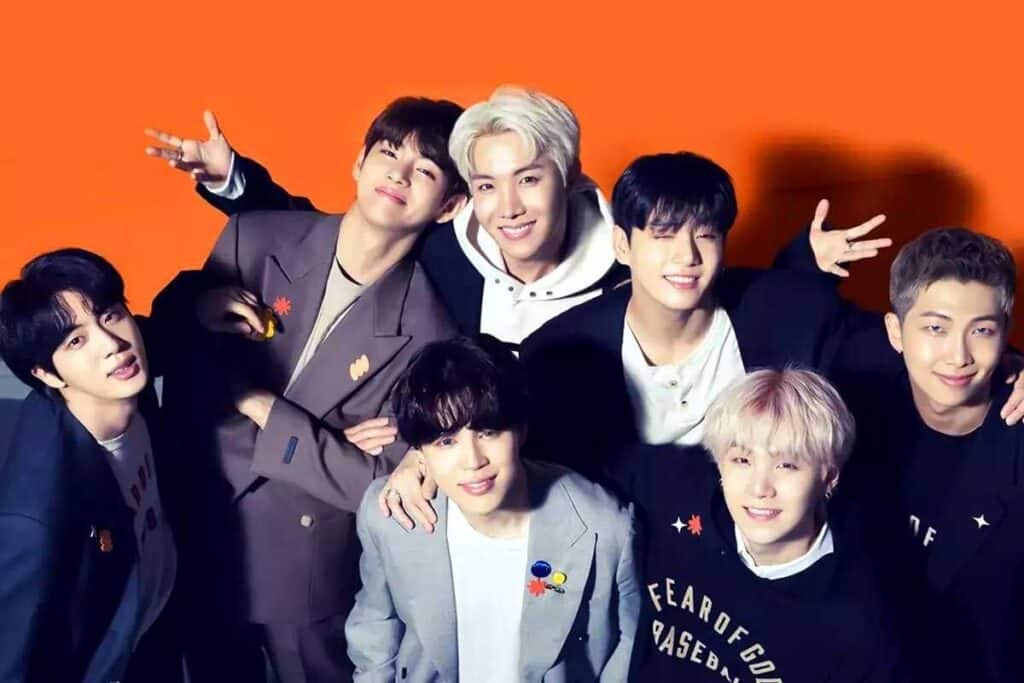
South Korea is the K-pop and K-drama capital of the world. The famous Korean boy band BTS has taken the world by storm. This seven-member boy band has been popular throughout the world.
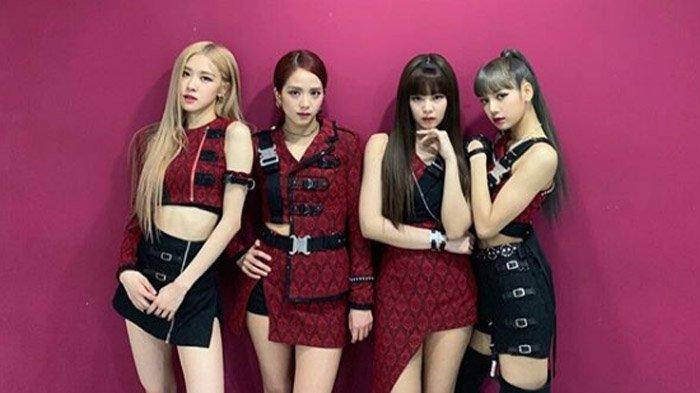
Another K-pop group is the all-girl band Black pink. Other top K-pop groups include EXO, Big Bang, Twice, Girls’ Generation, GOT 7, MONSTA X, Red Velvet and Super M, and more. K-pop has become a vast music industry.
Korean movies or K-Drama have also become extremely popular. Shows like Crash Landing On You, The World of the Married, Goblin, Mr. Sunshine, Mr. Queen, and Love. K-Drama continues to be famous worldwide, even in the United States.
Even though Japan and Korea seem to have some similarities, they also have many differences. Korea and Japan are two distinct and very different cultures.
At A Bus On A Dusty Road, we talk about travel, life, and ex-pat living. We are all about “Living Life As A Global Citizen.” We explore social, cultural, and economic issues and travel.
We would love to have you be part of our community. Sign up for our newsletter to keep up-to-date by clicking here. If you have any questions, you can contact me, Anita, by clicking here.
Listen to our Podcast called Dusty Roads. You can find it on all major podcast platforms. Try out listening to one of our podcasts by clicking here.
Subscribe to our A Bus On A Dusty Road YouTube Channel with great videos and information by clicking here.
Frequently Asked Questions
What are some similarities and differences between Japan and Korea?
Japan and Korea share some similarities in their historical influences, cultural practices, and geographic proximity. However, they also have distinct languages, unique cultural traditions, and different historical experiences.
What is one historical similarity between Japan and Korea?
One historical similarity between Japan and Korea is their shared influence of Chinese culture. Both countries adopted aspects of Chinese civilization, including writing systems, Confucianism, Buddhism, and administrative structures.
What are some similarities between Chinese, Japanese, and Korean culture?
Chinese, Japanese, and Korean cultures have historical and cultural connections. They share influences in areas such as Confucian values, tea ceremonies, calligraphy, martial arts, and traditional medicine practices.
How do Japanese and Korean cuisines differ?
Japanese cuisine, known for its emphasis on fresh ingredients, includes dishes like sushi, sashimi, and tempura. Korean cuisine, on the other hand, features a wider range of spicy flavors, fermented foods like kimchi, and popular dishes like bibimbap and bulgogi.
What are some traditional festivals or holidays celebrated in both Japan and Korea?
Japan celebrates festivals such as Sakura (cherry blossom) festivals, Obon, and Shogatsu (New Year). Korea celebrates festivals like Chuseok (Harvest Festival), Lunar New Year (Seollal), and Buddha’s Birthday (Bucheonim Osin Nal).
How does the traditional architecture of Japan and Korea differ?
Traditional Japanese architecture often features wooden structures with sliding doors (fusuma and shoji), tatami mats, and Zen-influenced minimalism. Korean architecture includes hanok-style houses with tiled roofs, wooden beams, and unique courtyard structures.
Are there any similarities in the traditional music of Japan and Korea?
Both Japan and Korea have traditional music genres rooted in their historical traditions. For example, Japan has Gagaku and Noh music, while Korea has traditional court music (Aak) and folk music (Minyo).
Are there any differences in traditional arts and crafts between Japan and Korea?
Both Japan and Korea have rich traditions of arts and crafts. Some differences include Japanese arts like origami, tea ceremonies, and ikebana (flower arrangement), while Korean arts include celadon pottery, hanbok embroidery, and traditional mask dances.
Related Questions
What Is The Meaning Of Koi Fish To The Japanese Culture?
In Japan, the koi fish symbolizes luck, prosperity, good fortune, strength, perseverance – everything good. The Koi fish symbol is very closely associated with the Japanese cultural identity. The word ‘Koi” is a Japanese word that means carp fish.
By clicking here, you can discover What Is The Meaning Of Koi Fish To The Japanese Culture?.
11 Reasons Why I Got Hooked On Korean Television Dramas
Here are the reasons why I have gotten hooked on Korean television dramas 1) Jane Austen would approve, 2) great actors and actresses, 3) well-developed characters, 4) you will laugh, 5) you will cry, 6) you see yourself in the drama, 7) good clean fun, 8) usually has a happy ending, 9) great fashion, 10) lots of food and 11) I have learned to bow and say “thank you” in Korean.
By clicking here, you can discover 11 Reasons Why I Got Hooked On Korean Television Dramas.
What Is The Difference Between Manchu, Mongols, And Han Chinese People?
When you are traveling around China or studying Asian history, it can sometimes be confusing about the difference between the Manchu, Mongol, and Han Chinese ethnic groups of people. They may all seem similar, but they are actually different ethnic groups.
By clicking here, you can discover What Is The Difference Between Manchu, Mongols, And Han Chinese People?.

